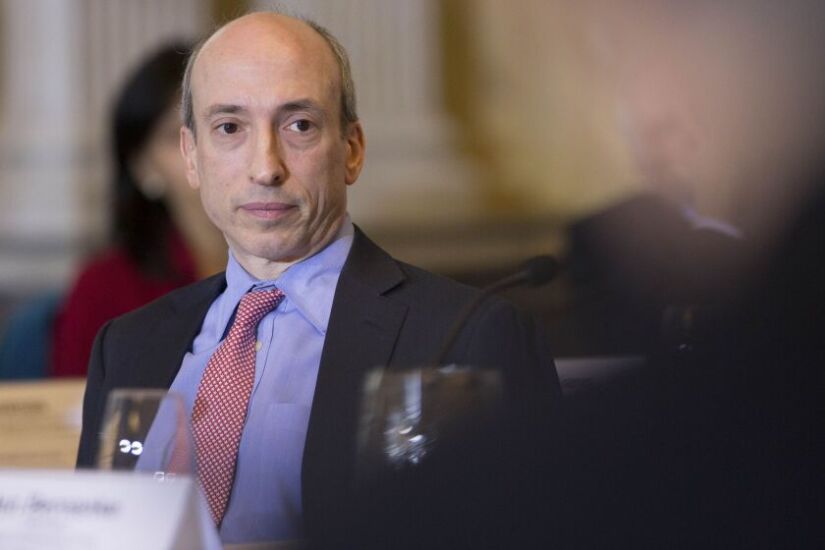Marketing and social media infractions, off-channel texting on WhatsApp and other messaging services and cryptocurrency scams all topped the SEC's list of regulatory priorities this past year.
The Securities and Exchange Commission confirmed on Tuesday that the nearly
The SEC was at pains to show in a
"Last fiscal year's results demonstrate yet again the Division's effectiveness—working alongside colleagues throughout the agency—in following the facts and the law wherever they lead to hold wrongdoers accountable," SEC Chairman Gary Gensler said in a statement.
READ MORE:
For more insight into trends and themes in the SEC's 2023 enforcement actions, scroll through the cardshow below.






